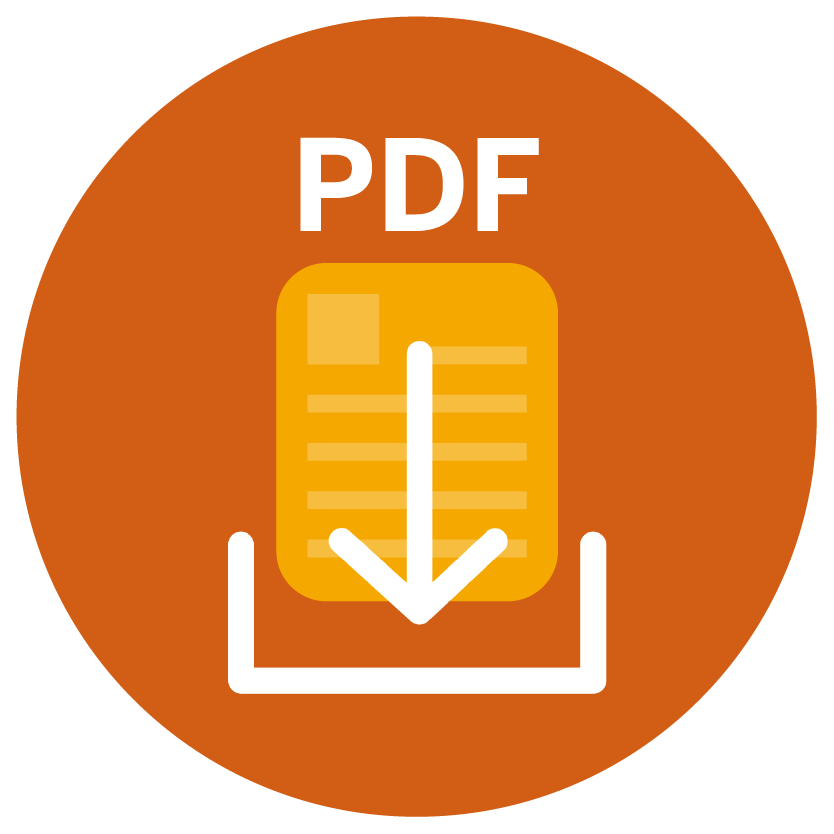
Volume XLI, No. 22 | June 13, 2019
Strategies to Increase and Diversify Study Abroad at Your Campus
Studying abroad has become more popular for students in recent years. According to the 2018 IIE Open Doors report, in the 2017-18 academic year, 1,094,792 students studied abroad. That is a staggering 75 percent increase in participation over the last decade. However, despite the overall trend upward, students studying abroad still only account for a small percentage of total U.S. students. To provide students with more opportunities to participate in international education, it is important to strategize how to provide the best possible study abroad programs. This is achievable through techniques that put customization and preparation first in order to create authentic and educational short-term, faculty-led programs. These techniques can be easily implemented, and when utilized, have in some cases increased student participation by 100 percent.
Plan Ahead and Start Early
Planning and preparation are the keys to any successful study abroad program. Ideally, program selection should be finalized and promotion begin between one to one-and-a-half years before the program begins. Early promotion provides students with the opportunity to save money for their trip abroad. Additionally, breaking the cost into payment installments across several months makes the program more affordable for them and less intimidating of a purchase.
Planning this far in advance provides a buffer for any unexpected hiccups that occur in the program creation progress. Common issues include getting the program approved by the appropriate office or board at your institution, ensuring sufficient contact hours are being satisfied, and making early reservations for accommodations and airfare.
Choosing the Right Destination
When choosing destinations for future programs it’s important to keep in mind the popularity of the country you choose, as well as what the country offers for your particular educational focus. We highly encourage diversifying destinations and offering options that are off the beaten path. However, at the same time, it’s important to understand the level of interest in the particular destination and whether it’s cost-effective. For example, if your students are on a limited budget and you want to offer a biology-focused program, you may look to Costa Rica or Belize instead of Australia or South Africa. Students will still have a very in-depth and immersive experience, but they will pay much less for airfare and the overall cost of the program. Ideally, the destination you choose will complement the course you want to teach, allowing for more field experiences and bringing the course to life. Additionally, it’s essential to keep in mind the stability and safety of the selected destination. All of this is crucial when customizing a perfect faculty-led study abroad experience.
Faculty Development Workshops
Offering workshops is a great way to bring faculty together to discuss past and future programs at your institution. These workshops are held for professors who are interested in learning more about organizing and leading their own study abroad programs. Additionally, bringing faculty together promotes diversity in program destinations and areas of study, giving students more options and the ability to find a program suited for their major. These workshops also increase participation amongst faculty, by giving them an easy way to get started in the process with a support network. Popular topics for workshops include customizing programs, increasing diversity, incorporating service learning, and building a program from scratch.
Scholarships and Fundraising
One of the most frequently asked questions is whether there are scholarships or financial aid available for study abroad programs. Many schools offer an annual study abroad scholarship students can apply for. Speak with your institution’s foundation to see if this is possible. If not, there are alternatives for raising funds. The following are all methods that were used to fund our study abroad programs:
- Bake sale with a theme on the program’s destination (for example, crêpes for a trip to France).
- Craft fair for students to sell drawings, paintings, and more for their art-focused trip.
- Art students taking commissions for work created during or after their program related to the destination they visited.
Program Promotion
The key to marketing your study abroad program is to promote it through all available channels, ensuring the highest number of students see it. Successful marketing strategies include:
- Campuswide email: At the beginning of the semester, send a campuswide email with information on upcoming study abroad programs. This email ensures that all students have access to program information, no matter their location on campus.
- Online marketing: Create a page on the college’s website with detailed program information, and publish posts on the college’s social media channels.
- On-campus marketing: Place eye-catching posters in high traffic locations across campus with basic program information and contact information. If your campus has television screens, place advertisements with basic information and directions on where to learn more.
Using proper techniques, creating and customizing your own study abroad program should be a stress-free and exciting process! With the right program, learning outcomes can rival the traditional classroom setting, and studying abroad gives students the chance to broaden skills, increase cultural awareness, and have better career opportunities after graduation, all while giving them an unforgettable experience that will have a lasting positive impact on them for the rest of their lives. Leading a program abroad will show you first-hand how international education helps broaden students’ education and leads them on the path to becoming true global citizens.
Christian Alyea, Program Director
For more information, contact the author at Study Abroad Association, 109 Menores Avenue, Coral Gables Miami, FL 33134. Email: christian@studyabroadassociation.com



Leave A Comment
You must be logged in to post a comment.